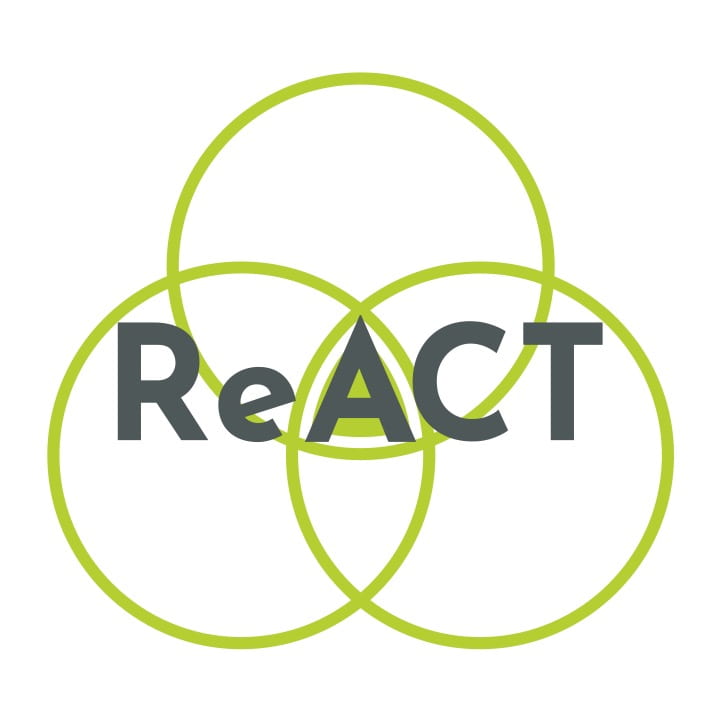ReACT
ReACT is a 1-year whole-school professional development intervention to increase racial equity in school discipline. It works as part of existing PBIS to use school discipline data to (a) identify for which student groups PBIS is currently working and not working, and (b) implement the specific strategies that are most likely to make PBIS work for every student group.
ReACT stands for Racial equity through:
- Assessing data for vulnerable decision points
- Culturally responsive behavior strategies
- Teaching about implicit bias and strategies to neutralize it
ReACT has been shown in multiple studies to improve equity in school discipline and outcomes for all student groups, and was informed by an equity pilot project in Michigan schools.
What is ReACT?
What is the research project?
ReACT Initial Efficacy (IE) is a 5-year project to test ReACT’s effectiveness in 34 Michigan elementary schools over the course of 3 years (2024 to 2027). The project will test effects of ReACT on school discipline, state academic achievement tests, and student perceptions of school climate.
Who is sponsoring it?
Which schools are eligible?
- Implementing a schoolwide approach to behavior through a schoolwide leadership team
- Experiencing racial disproportionality in school discipline
What do we get by participating?
- A full year of in-district professional development in equitable behavior support
- $10 gift cards for each time teachers complete a data collection activity (e.g., surveys, observations)
- A school honorarium of $4,000, with an additional $1000 (to a total of $5000) for high teacher participation
- A paid subscription for SWIS for the year before, during, and after participation
What do we need to do?
- Agree to implement ReACT in either the 2024-25 or 2025-26 school year (random selection)
- Use or start using MiStar, SWIS (www.swis.org), or equivalent discipline data system to enter and track discipline referrals
- Dedicate 40 hours of professional development time to the project (in-district)
How do we learn more?
- Complete the Interest Survey
- Watch the webinar recording

